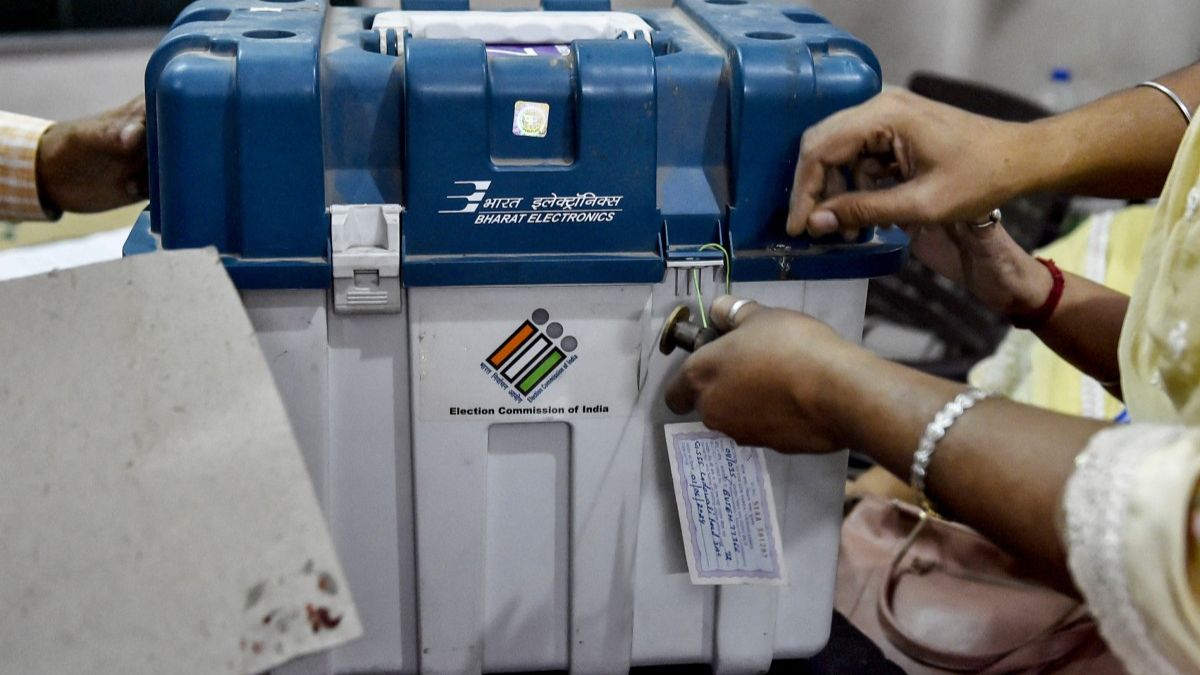In 2004, the Bharatiya Janata Party was led by a gentle colossus, Atal Bihari Vajpayee. With the marketing jargon like ‘India Shining’, the saffron party appeared quite confident. Polls, both opinion and exit, were largely unable to gauge the public mood. After the declaration of the result, Vajpayee conceded his defeat humbly, while then president of the BJP, Venkaiah Naidu, accepted that they did not get the mandate of the people.
A decade later, when the nation was swept away in the Narendra Modi wave, leading to a single party getting an absolute majority in the last 30 years (since the 1984 sweep by Rajiv Gandhi), the ‘grand old party’ Congress accepted the electoral defeat — they were ‘disappointed’ but they accepted the verdict of the people — hoping the party will bounce back soon.
In democracy, ‘sarkaren aayengi, sarkaren jayengi, party-an banengi, bigdengi, magar desh rehna chahiye’ (governments will come and go, political parties will be made and will totter, but the idea of a nation should be permanent) is the guiding spirit. The winner gets a chance to serve the people, while the ‘also-ran’ gets a chance to reconsider its failures, only to appear as a better choice in the next elections.
In democracy, choices are presented before the people, who are the real sovereign of the polity. People choose their representative, and accordingly, they shape the public aspirations into reality. A loss in an election is basically a chance to better your proposals and rework yourself to become a better choice next time. As such, democracy is much more a way of life, a character, than a political system. And the stakeholders in such a system must possess such a character.
Impact Shorts
More ShortsRecent poll results of some assembly elections again saw the same electronic voting machine (EVM) saga unfolding.
Earlier, prior to the counting, Jharkhand Mukti Morcha claimed that the BJP has ‘sent’ electronic experts to tamper voting results in its favour and demanded the suspension of internet in the two-kilometre radius of the counting centres. When the results were announced and the JMM-led INDI alliance won a comfortable majority, apparently EVMs got vindication in the state.
However, the EVMs of Maharashtra polls and Uttar Pradesh bypolls weren’t lucky like their Jharkhandi brethren. From Uddhav Thackrey’s aide, Sanjay Raut, to Karnataka’s home minister, G Parameshwara, they have all upped their arms in criticising EVMs, of course after the results that were out didn’t meet their expectations or aspirations, whatever. While in UP, Bahujan Samaj Party supremo, Mayawati, went to the extent of saying that BSP won’t contest elections until the election commission stops ‘fake voting’.
The author is unable to understand that if the EC was the same constitutional body conducting 2024 Lok Sabha elections and recent Jharkhand Assembly polls, and EVMs were used in both of them, how INDI alliance leaders can accept these results while questioning the results in Haryana, Maharashtra polls, and UP bypolls. Are they suggesting EVMs worked fine with UP and Maharashtra in Lok Sabha polls, but in recent bypolls or polls they didn’t?
It was only on April 26 that the Supreme Court had upheld the EVM system and refused a plea to revive paper ballots, observing, “Blind distrust of an institution or a system breeds unwarranted skepticism and impedes progress.”
Those who demand the EVM process be scrapped — though hardly an iota of credible evidence is available to back such a claim — do so almost always after the results are out. They demand re-elections using paper ballots. But elections are a costly exercise, and the funds are paid through public money; beyond that, it requires considerable men and means to be conducted. Why should ordinary people pay for someone’s unqualified excuse, used as a face-saver tool, to cover up the ineptness of becoming a viable option in public eyes?
India has transcended more than seven decades as a republic, and despite some instances, like the 1975 Emergency, it has largely been a stable democratic political system, known for peaceful transfer of power. This has generated public trust in India’s institutions and its constitutionalism. As such, unqualified criticism against EVMs and, in that guise, raising questions on the credibility of Indian elections is a dangerous trend that might land India into the same turbulence that most of the Global South is suffering today. India’s rise might discomfort many in the global arena; the onus is upon Indians to judge whether they will let them fall in the trap—remember “desh rehna chahiye”.
Views expressed in the above piece are personal and solely those of the author. They do not necessarily reflect Firstpost’s views.


)

)
)
)
)
)
)
)
)



